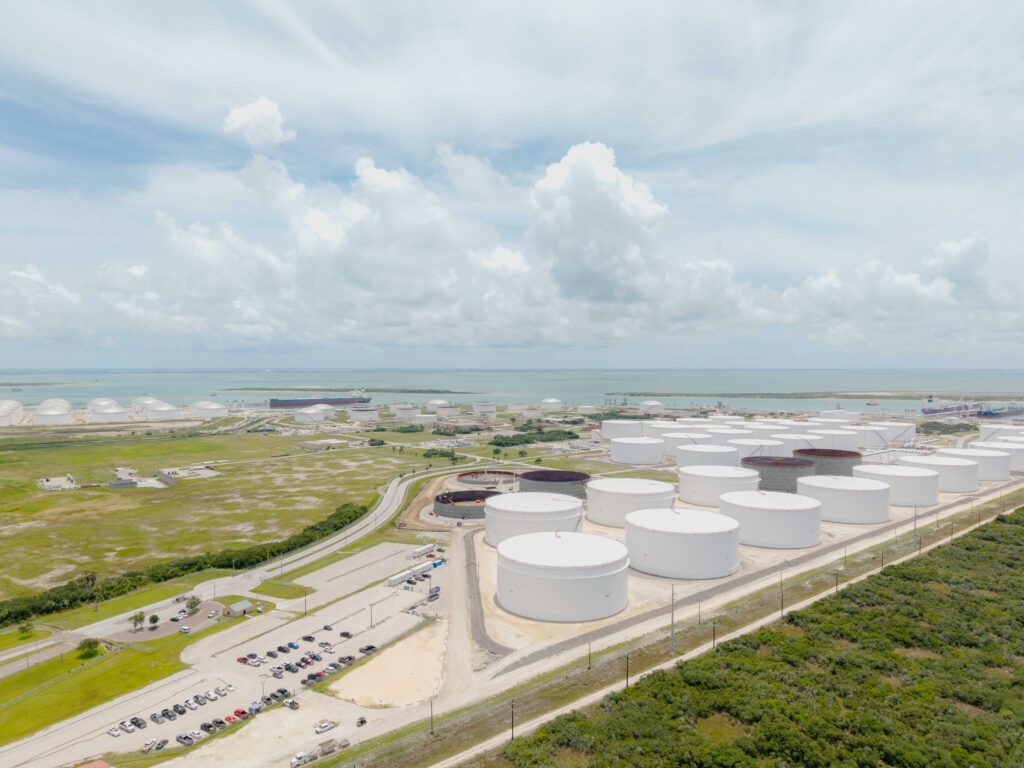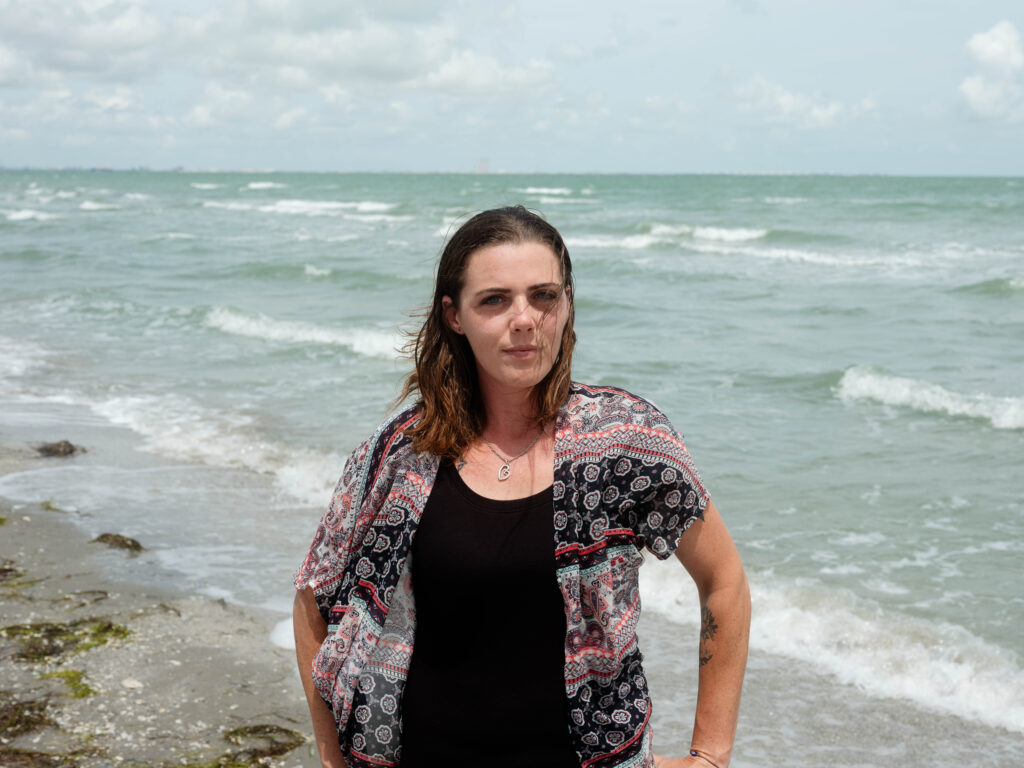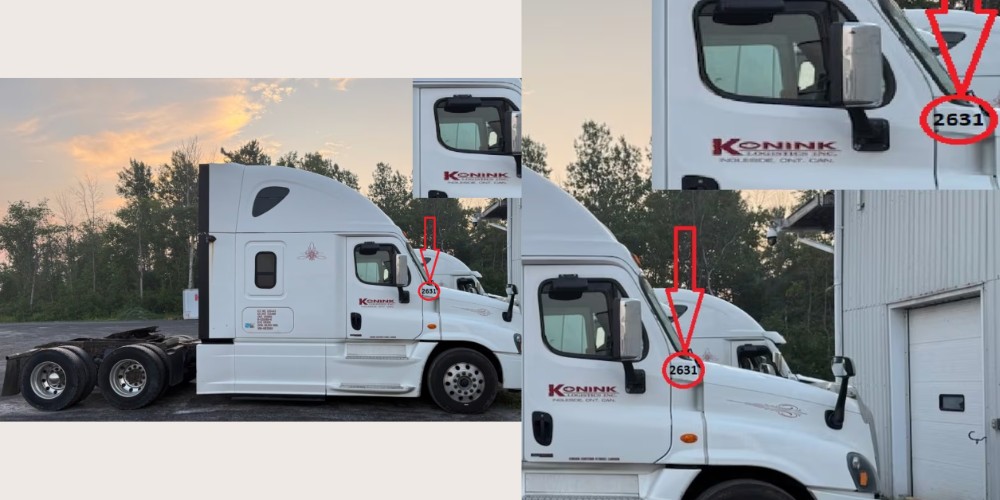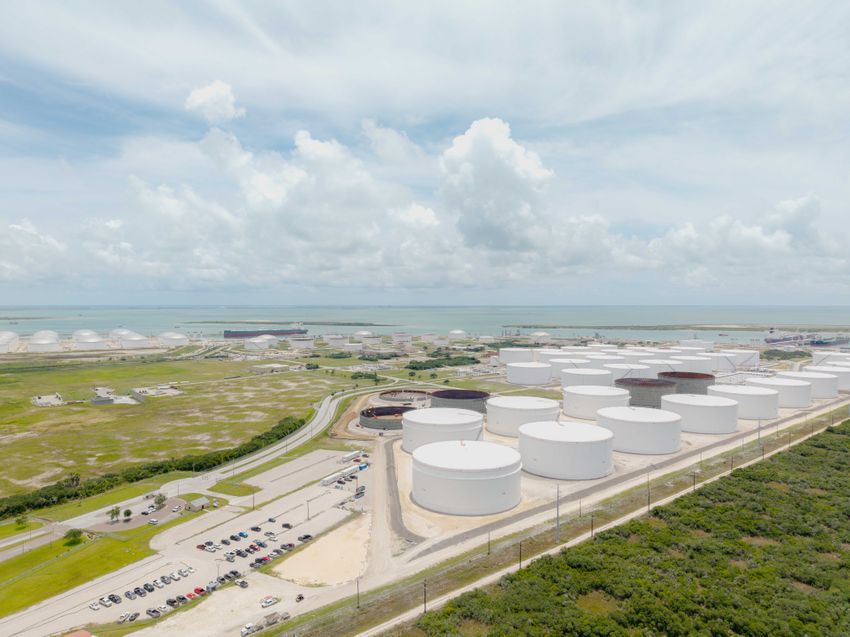INGLESIDE, Texas — Chris Carlton remembers when this coastal town was a quiet fishing haven. “We were this little pocket of paradise,” he says. But over the past two decades, Ingleside has transformed into an industrial hub, with oil terminals and chemical plants lining its shores. Now, residents are battling a new proposal: one of the world’s largest ammonia plants, backed by a Norwegian fertilizer giant and a Canadian pipeline operator.
The $5 billion project, dubbed Project YaREN—a nod to the Norwegian word ren, meaning “clean”—promises jobs and economic growth. But locals fear it will bring toxic air pollution, environmental harm, and irreversible damage to their community.
A Corporate Charm Offensive
Since announcing plans in 2023, Yara and Enbridge have launched a sweeping campaign to win over Ingleside’s 10,000 residents. They’ve donated shoes to schoolchildren, sponsored Little League teams, handed out drought-resistant plants, and even treated the local police to lunch.
“It’s a charm offensive,” says Melanie Shafer, a lifelong resident and mother of two. “They’re trying to buy goodwill before they poison us.”
The companies say their plant will produce “low-carbon” ammonia for fertilizer and clean fuel, capturing 95% of its emissions through carbon capture and storage (CCS). But critics call it greenwashing—pointing out that CCS has a spotty track record and does nothing to curb emissions from gas extraction or fertilizer use.
A Health Crisis in the Making
DeSmog’s analysis reveals the plant could emit dangerous pollutants, including nitrogen oxides (NOx) and fine particulate matter (PM2.5), linked to asthma, heart disease, and premature death. Yet Texas regulators provisionally approved its air permit, relying on air quality data from a monitoring station 300 miles away—while local activists’ own readings show pollution levels already exceed federal limits.
“Some days, my son can’t go outside because the air is so thick,” says Shafer, whose child has severe asthma. “We’re going to have to move. We’ve been sold out for money.”

A David vs. Goliath Battle
Ingleside’s fight mirrors a broader trend: Texas and Louisiana are becoming epicenters for ammonia expansion, with 32 new plants proposed nationwide. Industry giants target these states for their lax regulations and predominantly Hispanic, low-income communities.
“They came here because Texas lets them pollute,” resident Janet Laylor told city officials at a heated January meeting.
Last winter, the city council unanimously rejected YaREN’s initial permit request—a rare victory in a state where industry usually gets its way. But the companies haven’t backed down. They’ve since ramped up PR efforts, hiring local organizers and flooding social media with ads touting the project’s “safety” and economic benefits.
An Uncertain Future
With permits still pending, the battle isn’t over. Activists warn that if YaREN succeeds, more plants will follow.
“This is about our survival,” says Payton Campbell of the Coastal Watch Association. “If we don’t stop this one, our town becomes a sacrifice zone.”
For now, Ingleside remains a test case—of corporate influence, environmental justice, and whether a small community can stand up to a global industry.
This investigation was supported by Journalismfund Europe and sourced from desmog.











Leave a Comment